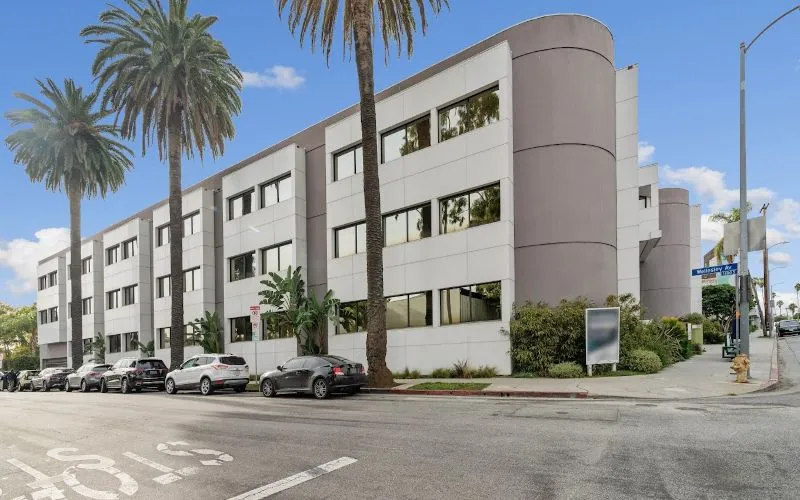The Canyon at Santa Monica Information
Treatment
Who We Treat
- Young Adults (18–25)
- Male and Female
- Executives
- Professionals
- Veterans
Treatment Focus
- Alcohol
- Cocaine
- Heroin
- Opioids
- Prescription Drugs
Approaches
- 12-Step-Based
- Individual Treatment
- Evidence-Based
- Gender-Specific
- Twelve Step
- Couples Counseling
- Holistic
- Cognitive Behavioral Therapy (CBT)
- 1-on-1 Counseling
- Art Therapy
- Meditation & Mindfulness
- Biofeedback
- Online Therapy
Conditions We Treat
- Depression
- Anxiety
- Post Traumatic Stress Disorder (PTSD)
- Grief & Loss
- Codependency
- Grief and Loss
- Anger
- Eating Disorders
- Gambling
- Sex Addiction
- Co-Occurring Disorders
Substances We Treat
- Alcohol
- Benzodiazepines
- Chronic Relapse
- Heroin
- Opioids
- Prescription Drugs
- Cocaine
- MDMA/Ecstasy
- Ecstasy
- Marijuana/Cannabis
Languages
- English
Aftercare
- Intensive Outpatient Program
Level of Care
- Outpatient
- Intensive Outpatient Program (IOP)
- Co-Occurring Mental Health
Experience
On-Site Activities
- Yoga
Special Considerations
- Executive Program
- Gender-specific groups
- Couples program
Accreditations
-
The Joint Commission
The Joint Commission accreditation for addiction and behavioral health is a prestigious recognition signifying a facility's commitment to delivering high-quality care and safety for individuals dealing with substance abuse and mental health issues. It involves rigorous evaluations and assessments, ensuring patients receive evidence-based treatment and exceptional care. This accreditation demonstrates a facility's dedication to continuous improvement and ethical practices, building trust among patients and healthcare professionals seeking top-tier addiction and behavioral health services.

-
State department of health
Government agencies issue State Licenses, which grant rehabilitation organizations permission to conduct their operations lawfully within specific geographic regions. Licenses needed to operate are typically determined by the type of rehabilitation program offered by the facility and its physical location.

Additional Locations
The Canyon at Santa Monica Accepts The Following Insurance Plans
Find the best treatment options. Call our free and confidential helpline today!


























